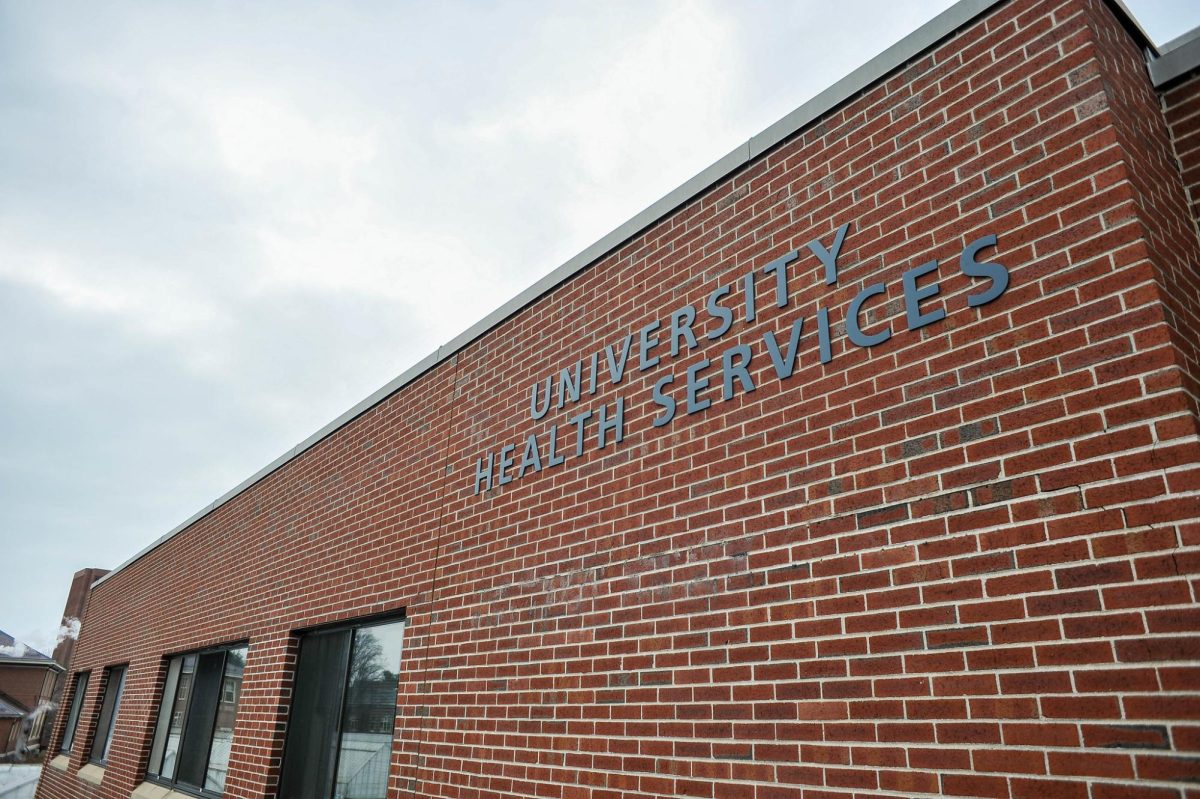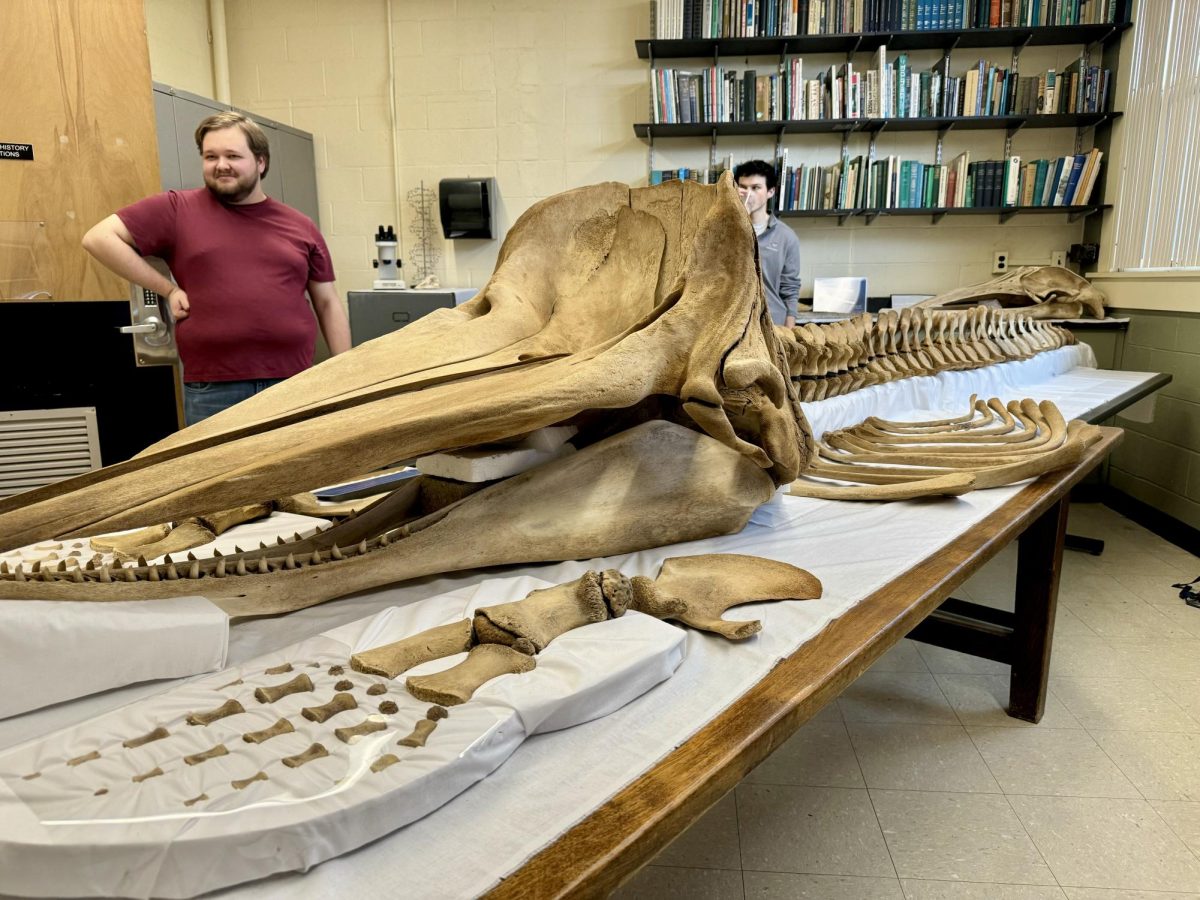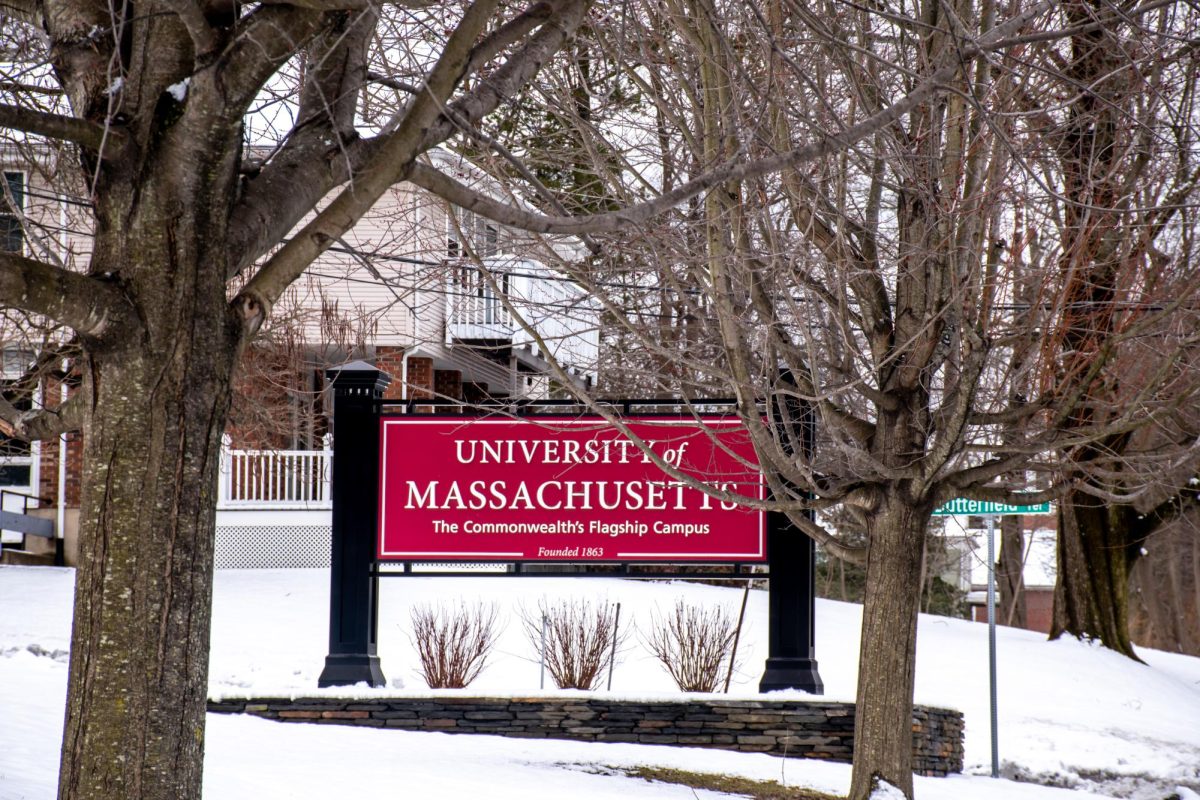When junior biomedical engineering and computer science student Sapphire Tham stepped on to campus their first year, they weren’t sure if they could access medical services for transgender students.
Two years later, Tham continues to receive hormone medication from University Health Services (UHS).
During their freshman year, Tham heard from their roommate about hormone replacement therapy, a service offered at UHS.
“I was kind of jealous,” Tham said, laughing.
According to the World Health Organization, gender-affirming care (GAC) “encompasses a range of social, psychological, behavioral and medical interventions designed to support and affirm an individual’s gender identity.”
These interventions help transgender people align various aspects of their lives — emotional, interpersonal and biological — with their identity.
The beginning of GAC at UMass
The University of Massachusetts started to offer HRT in 2015. According to UHS’ website, the Student Health Benefit Plan covers hormone therapy for transitioning students.
Students can receive prescriptions for testosterone, estrogen or any testosterone blocking agents. In Massachusetts, insurance companies are required by law to cover these hormone prescriptions, such as MassHealth, the state’s Medicaid program.
Aside from HRT, UHS also provides name and pronoun changes, lab orders for hormone monitoring, a variety of referrals for psychiatry, sperm or egg preservation, speech and language therapy and gender changes on legal documents.
Cindy Hildebrand, transgender nurse liaison, is the primary contact for transgender students in need of medical assistance or if they have issues with campus healthcare.
“GAC is primary care and an essential component for a transgender person’s overall health care needs, so it is important that we meet the needs of all of our students,” Hildebrand said in an email.
According to Hildebrand, in the fall of 2014 UHS established a “trans health work group,” composed of administrators and medical providers, such as Aleah Nesteby, director of LGBTQ+ services at Cooley Dickinson Hospital, and transgender health educator Ryan Pryor. The group also met with the Center for Counseling and Psychological Health (CCPH), the Center for Women and Community and the Stonewall Center.
Hildebrand added that UHS met with former student organization Gender Liberation Union to discuss a patient satisfaction survey administered to students. Since then, UHS has seen over 300 patients in their GAC clinic.
“We hope to reduce any existing stigma associated with this type of care,” Hildebrand said.
Campus partnerships
Alongside UHS, the Stonewall Center serves as a central resource for trans and non-binary students, promoting medical services offered by UHS along with CCPH, which runs the trans and gender-nonconforming support group.
Robert Cahill is the current Stonewall Center program coordinator, where they connect with student clubs for event programming such as “Intersectionality 101” and “Gender and Sexuality 101.”
“My hope and what I’m trying to do is foster better connections between the cultural centers on campus,” Cahill said.
At the beginning of each year, the Stonewall Center hosts an annual block party where staff from UHS and CCPH table.
In the past, Cahill said that the Stonewall Center has partnered with UHS for STI testing, adding that they would love to collaborate more with health services in the future.
Cahill also works with the International Programs Office to assist students with the name change process, as it can be difficult to obtain a birth certificate from a student’s county or country of origin.
The student experience
Tham was one of several students that attended the block party their freshman year and made their first appointment with Hildebrand the following semester. On March 24, 2022, Tham officially started hormone therapy.
For a period of time, Tham took testosterone blockers while supplementing with Estradiol — a form of estrogen made in the ovaries — to regulate their hormones. As of recently, Tham switched to hormone injections.
Tham grew up in a conservative, religious household, with their only exposure to queerness that it was “wrong to be gay.”
“I had known for quite a while that I was slightly trans, on that spectrum…I just thought it would never be a possibility to start anytime soon,” Tham said. “I was thinking maybe after college.”
As an out-of-state student, Tham switched their health insurance to help cover medication costs, but there was a period of time where they didn’t take hormones because of personal reasons, and had to “scramble around.” Luckily, Tham traveled back to campus and stayed with friends.
“That’s something that I’ve been telling basically everyone that I hear is thinking about transitioning, which is to make sure that you have a safe place to fall back to,” she said.
Tham also changed their name on SPIRE, an option implemented in 2017 to include more gender and sexual orientation choices.
Around three to four months, Tham noticed physical changes.
“I had a lot of expectations going into it, and finally being able to start on the journey was kind of liberating to be honest,” they said.
The importance of GAC
Within the last few years, legislation continues to attack these essential services. According to the Human Rights Campaign, there has been a national push from anti-LGBTQ+ groups and legislators to introduce bills that target access to medical care.
According to the Williams Institute, over 1.6 million adults (ages 18 and older) and youth (ages 13 to 17) identify as transgender in the United States, or 0.6 percent of those ages 13 and older.
As state legislatures continue to introduce anti-trans legislation, PhD candidate Duc Hien Nguyen researches the benefits of GAC.
Nguyen co-authored a study titled “Hormone Therapy, Suicidal Risk, and Transgender Youth in the United States,” demonstrating the association between a decrease in suicide among transgender youth and the availability of HRT.
“We hope that people will think more carefully and look to what the science says when it comes to health care policy, because it really has an impact on people’s lives,” Nguyen said.
Olivia Capriotti can be reached at [email protected]








